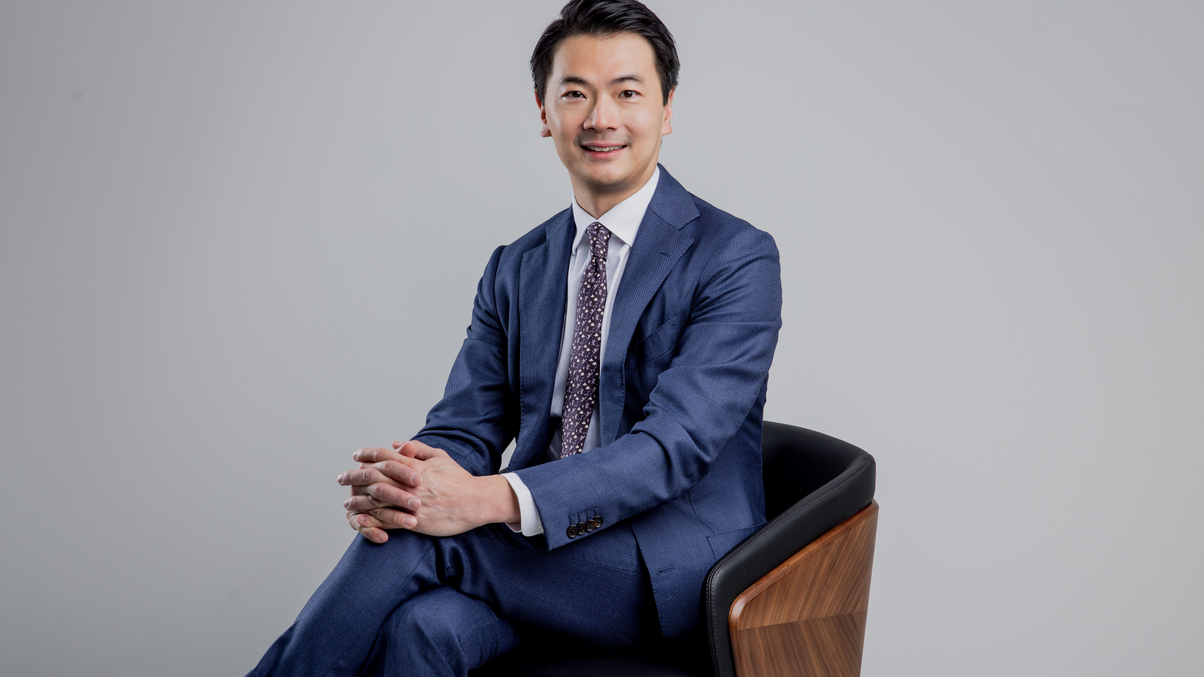Executive Exchange: 12 questions with Andrew Tan
In this latest edition of our monthly Q&A, we quiz the Asia CEO of alternatives specialist Muzinich & Co. on a range of light-hearted questions.

NAME: Andrew Tan
Sign in to read on!
Registered users get 2 free articles in 30 days.
Subscribers have full unlimited access to AsianInvestor
Not signed up? New users get 2 free articles per month, plus a 7-day unlimited free trial.
¬ Haymarket Media Limited. All rights reserved.


